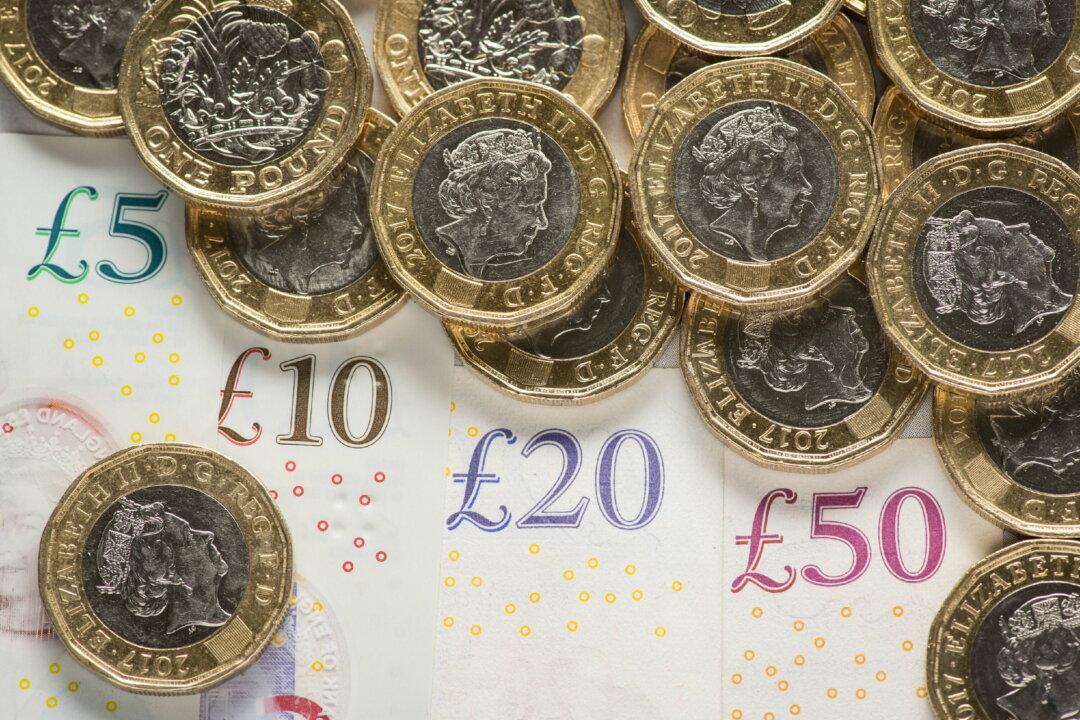The British economy will grow less than previously predicted this year and flatline entirely in 2023, according to a new report.
The Organisation for Economic Co-operation and Development (OECD) said it has downgraded its current annual projection for the UK economy owing to “declining real incomes and disruptions in energy markets.”





